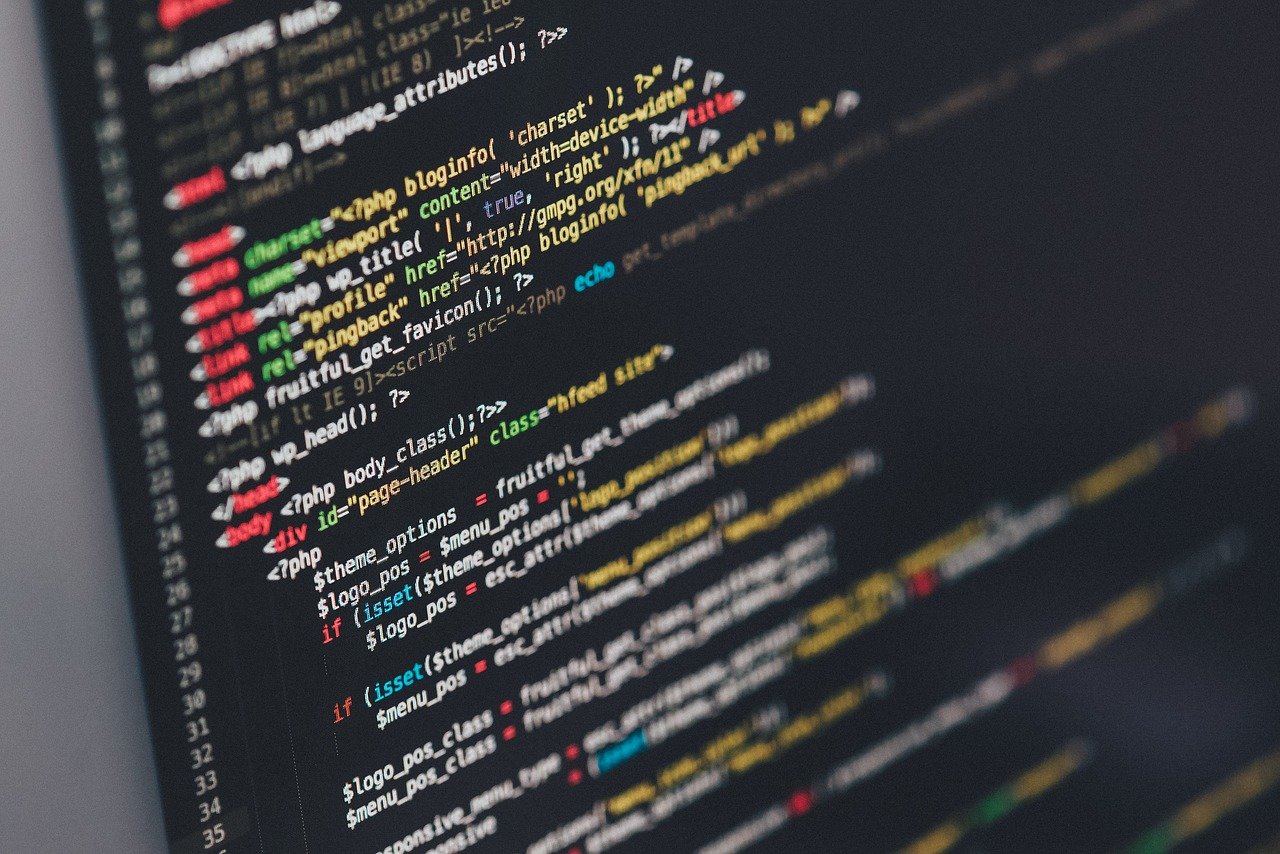Familiarity and Skill Are Symbiotic
Coding and gaming have a relationship like owning a home and associated repair work. If you know how a house is built, you can do your own home repairs. Owning a house means you’re going to have to do things of the “handyman” variety all the time. You’ll learn how the property has been built, and aspects of its design.
You learn these things collaterally, and though this doesn’t make you an architect, it does teach you things about architecture you wouldn’t learn otherwise. If you do delve deeper into how your home has been built, you might find it’s quite easy to do some things. Suddenly you can save thousands of dollars on maintenance work in a way that hardly even puts you out.
Gaming is quite similar. You can play a game so thoroughly you practically live inside it, and by doing so you can learn aspects of coding design collaterally. For example, you might realize if you jump in one spot while pushing a certain button, you can slide into some unintended netherworld of glitched-out half-rendered shenanigans.
By inference, you can determine how certain coding parameters must have worked, and perhaps use that knowledge to your advantage in the game. But if you learn how the architecture of the game has been put together, you’ll be able to play it much better. To that end, we’ll explore in further detail how coding helps you become more skilled at digital games.
Understanding Software Idiosyncrasies, and Associated Alteration
Sometimes games have designs that are a consequence of software limitations. For example, in certain nineties games, First Person Shooters were essentially the consequence of “carving out” segments of 3D game “map”, and laying textures over it. Basically, Minecraft without the fun—that’s how Goldeneye was made, believe it or not. Also, Shadows of the Empire.
Today, gaming “engines” play a large part in how environments are rendered, and understanding that informs how you play the game, and what you can do with it. When you know how the code works, the way to access it, and how to put it to use for your specific needs, suddenly you can directly alter how the game is played.
Bringing in Exterior Elements
Mods and other hacks often involve some aspect of code associated with a given game. There are ways to patch it in. Secret areas can sometimes be found in this way, characters can be maxed out, things like aim can be automated, and the list goes on. Here’s a website with some additional resources as regards varying in-game hacks.
When you can code, you can not only hack the game, but do so more thoroughly and effectively than other players. Certainly, there are downloadable hacks, and those derived from either button combinations, passwords, or startup protocols; but with code, you can actually manipulate how the game operates at a fundamental level.
Recognizing Achievements and Branching Out
With a basic gaming engine, two guys in a garage can make a compelling independent game. That doesn’t happen a lot, but it does happen more often than you might think. The indy-gaming market gets bigger all the time, and even involves “new” games that are “retro” in their design.
When you know how coding works, you can determine which games are just recycling old engines, and which are actually pushing the limits of play. You can also dabble in game creation yourself, and you might be the next person to make an indy hit.
The Myst franchise began because two guys were messing around with an old map and its postcard software for Broderbund. The bottom line is, if you want to take gaming to the next level, learning how to code is a good way to do it.




